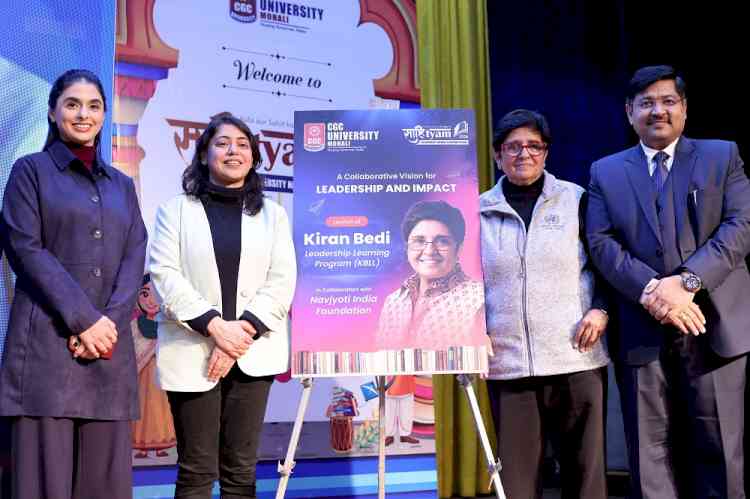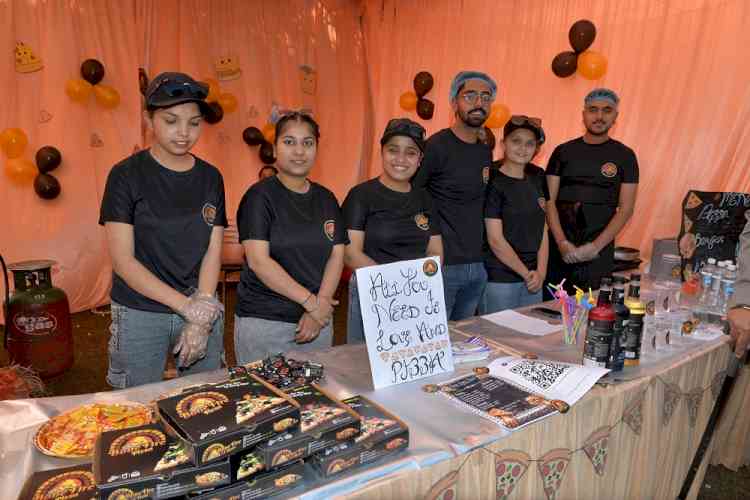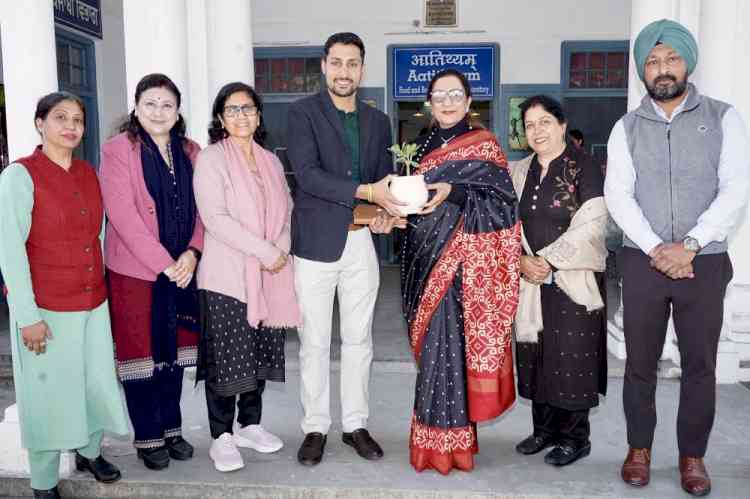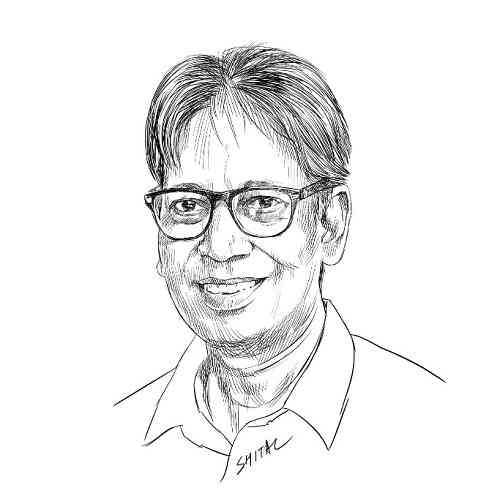Leading Atmospheric Scientist Dr. Ajit Ahlawat Delivers Lecture on Drone-Based Air Quality Monitoring Technologies
The Department of Environment Studies, Panjab University, Chandigarh, in collaboration with Climate Compatible Growth Network, United Kingdom, organised a workshop on "Drone-Driven Approaches to Clean Air & Climate-Resilient Cities".
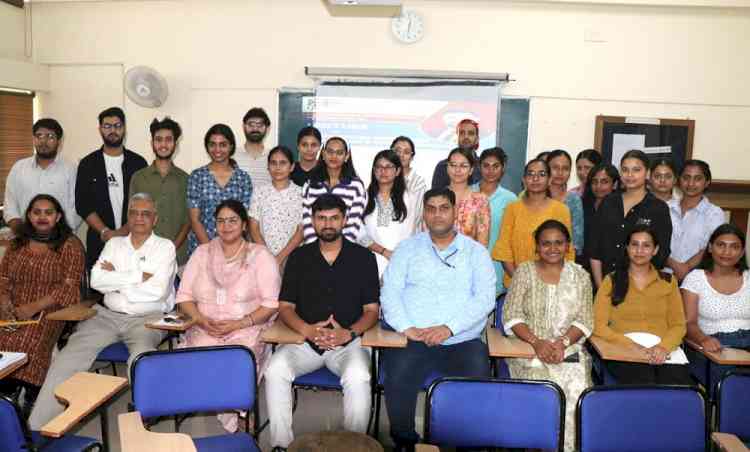
Chandigarh, August 22, 2025: The Department of Environment Studies, Panjab University, Chandigarh, in collaboration with Climate Compatible Growth Network, United Kingdom, organised a workshop on "Drone-Driven Approaches to Clean Air & Climate-Resilient Cities".
The event included experts from The Netherlands and India to discuss how emerging technologies could transform air quality management and climate resilience.
During the workshop, Dr. Ajit Ahlawat, Assistant Professor, Department of Geoscience & Remote Sensing, Delft University of Technology, The Netherlands, highlighted the rising air pollution issues in urban cities of India. He mentioned that emerging air pollution hotspots often get unnoticed in emerging economic countries due to the lack of adequate monitoring facilities. Considering these challenges, Dr. Ahlawat emphasised integrating drone-based monitoring systems into existing air quality management frameworks. He mentioned that as cities experience increasingly frequent extreme weather events, intensified heat waves, and deteriorating air quality, traditional monitoring infrastructure often proves inadequate for real-time adaptive management. He added that drone technologies enable immediate response capabilities for wildfire smoke tracking, flood impact assessment, urban heat island mapping, and emergency air quality monitoring during climate disasters.
Prof. Suman Mor, Department of Environment, Panjab University, Chandigarh, emphasised the importance of rigorous inter-comparison experiments with ground-based reference stations, demonstrating measurement accuracy within acceptable uncertainty limits for regulatory compliance monitoring applications. She also appreciated the transparency and Open Data Platform which these future technologies are providing and citizen engagement through accessible environmental data.
During the event, Dr. Ravindra Khaiwal, Professor, Department of Community Medicine, PGIMER, Chandigarh, urged participants to harness innovation and entrepreneurship in advancing drone-driven technologies. He mentioned that drones, once limited to surveillance, are now shaping areas such as air pollution monitoring, disaster response, agriculture, climate risk assessment, and smart city planning. Dr. Khaiwal encouraged the young generation to reimagine these technologies for public health, environmental sustainability, and ecosystem management, unlocking new opportunities to build healthier communities, resilient economies, and a sustainable future.



 City Air News
City Air News 
